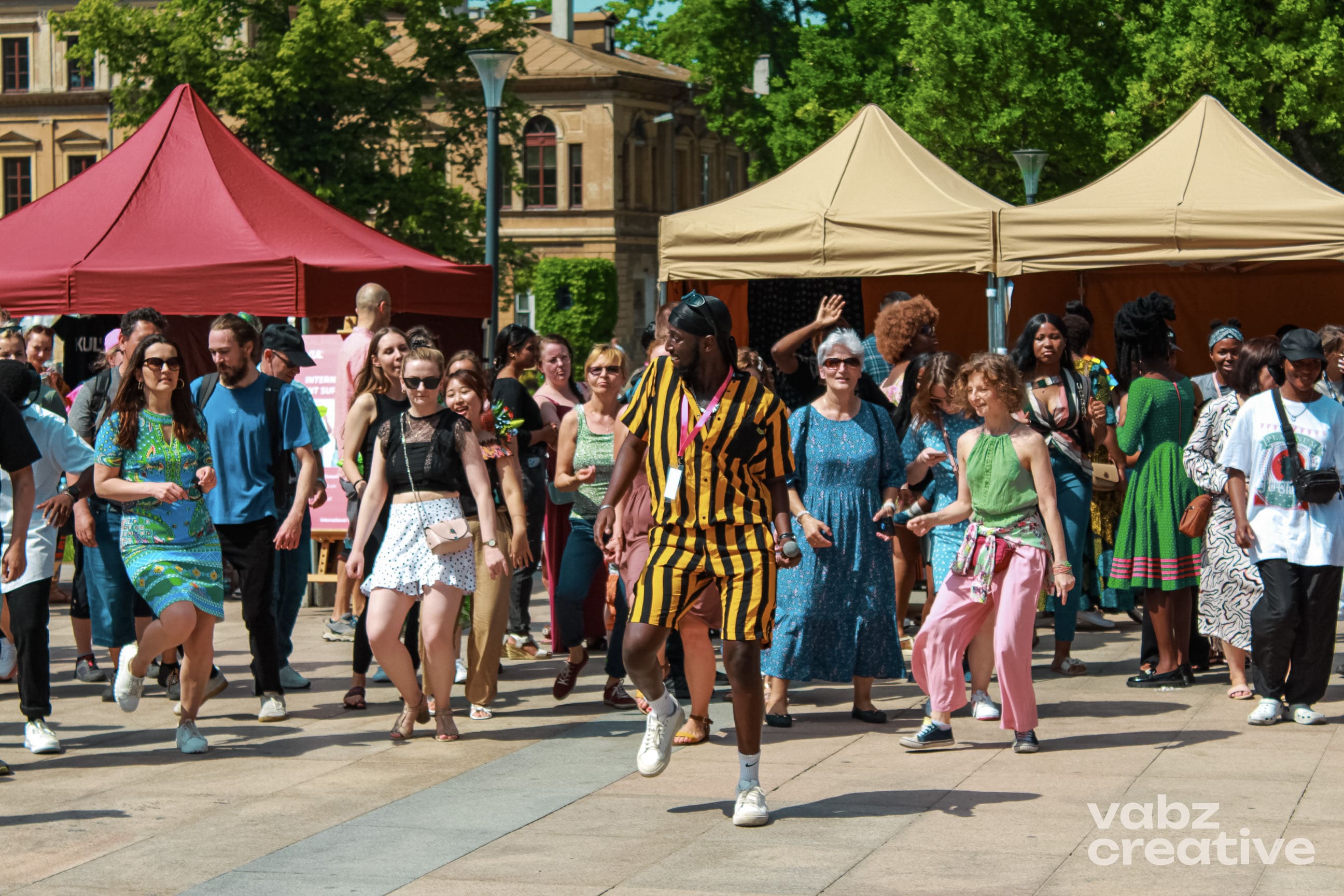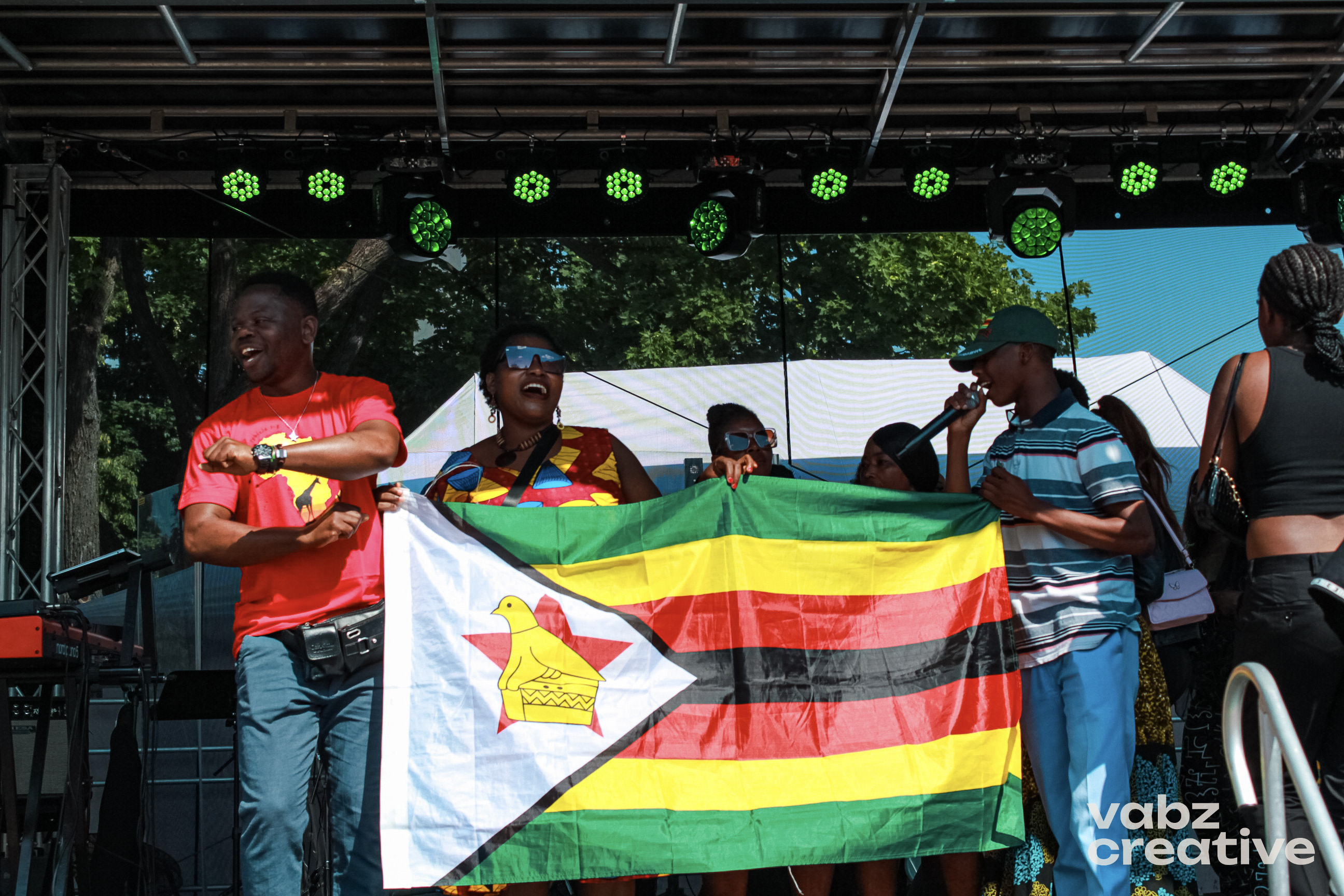About the African Community in Lublin

In this article:
Lublin, a historic city in eastern Poland, is also home to a growing and vibrant African community.
In recent years, more students and families from various African countries have made Lublin their home. They contribute to the city's academic life, cultural diversity, and entrepreneurial scene, all while finding Lublin a welcoming place to live.
The atmosphere is friendly and warm – locals often show genuine curiosity and openness toward different cultures, making it easier for newcomers to settle in.
African Students Enriching Lublin's Academic Scene
One prominent part of Lublin's African community is the large number of African students at local universities. Lublin's universities, such as UMCS, KUL, and the Medical University, have seen a steady rise in enrollments from Africa.
For example, in 2018 UMCS welcomed over 800 international first-year students – nearly 10% of the freshman class – with many coming from Africa and Asia. This trend has only grown. By 2020, observers noted a significant increase in students from countries like Zimbabwe, Kenya, Tanzania, and Nigeria studying in Lublin.
Student Diversity
Lublin's universities host students from countries including Zimbabwe, Kenya, Tanzania, Nigeria, Ghana, and many other African nations, creating a rich multicultural campus environment.

Local colleges are also attracting students from Africa. In 2023, the Lublin Academy at WSEI celebrated the graduation of 65 nursing students, mainly from Zimbabwe and Gambia, who had completed their degrees in English. These graduation ceremonies turned into lively, joyful gatherings.
"I have never encountered racism here. In that respect, Lublin is very safe for us."
African students often form tight-knit support networks and associations. At UMCS, for instance, there is a Foreign Students Union (once led by a student from Zimbabwe) that helps newcomers adapt and organizes social events. Many Polish students also volunteer as mentors or buddies for foreign students, creating cross-cultural friendships.
To help foreign students feel at home, universities and the city have introduced initiatives that make life easier. UMCS opened a dedicated Welcome Centre to assist with everything from enrollment to finding housing. The city government launched the "LOGIN: Lublin" program, which provides newcomers (especially students) with a special card for discounts at local businesses.
Cultural Celebrations and Associations
Outside the classroom, the African community (students and long-term residents alike) actively shares their culture with the people of Lublin. One of the highlights each year is the Africa Day Festival, usually held around May 25th (International Africa Day).
In 2024, for example, Africa Day was celebrated with sunshine and a blaze of color at Plac Litewski (the central square). Co-organized by local Africans and Vincent Pol University, it turned the heart of the city into a mini-Africa for a day.
Africa Day Festival Highlights
- Flag parade with representatives from various African nations
- Traditional dance and drumming lessons
- Fashion shows displaying vibrant African attire
- Food and drink stalls offering African delicacies
Cultural Organizations
Several organizations support African culture in Lublin:
- Abraham Diomande Foundation
- Foreign Students Union at UMCS
- Multicultural Lublin initiative
"We need such events because during them we can showcase our culture, our traditions... We are proud of it."
Aside from Africa Day, Lublin hosts a broader Multicultural festival (Wielokulturowy Lublin) each year, where various minority communities – Ukrainian, Georgian, Jewish, African, and others – come together to celebrate diversity. The African diaspora in Lublin participates actively, perhaps by setting up stands with African crafts, music performances, or workshops.
Long-Term Residents and Community Life
Not everyone leaves after graduation; in fact, a number of African expats have decided to make Lublin their long-term home. Some alumni from Lublin's universities loved the city so much that they chose to stay and work in Lublin or elsewhere in Poland, joining the local workforce.

African professionals in Lublin have begun contributing in various fields. You can find doctors from Nigeria at local hospitals, IT specialists from Kenya in Lublin's tech companies, and English teachers from Ghana at language schools. Their presence adds to the cosmopolitan vibe of the city.
The everyday life of the African community in Lublin often revolves around both preserving their own culture and embracing Polish culture. There are a few African-run businesses popping up around town. One is an African food shop called Afryka Shop (operated by Afroero Investment), which offers African products and grocery items – a lifesaver for anyone craving fufu flour, plantains, or authentic spices from back home.
Interaction between the African community and local Lubliners is generally very positive. Many African residents quickly pick up some Polish (especially the basics like dzień dobry – good day, and dziękuję – thank you). Meanwhile, some Lublin natives have learned greetings in Igbo, French, or Swahili to make their neighbors feel welcome.
Embracing a Multicultural Lublin
Lublin's African community may not be as large as in Warsaw or other capitals, but it punches above its weight in terms of impact. Their presence is visible and cherished – from lively university campuses to the rhythmic beats echoing in the Old Town during cultural festivals.
The community includes students pursuing dreams, families building a future, and entrepreneurs opening new avenues, all contributing to Lublin's evolving story. The city authorities and local universities actively support multicultural initiatives, signaling that everyone – regardless of origin – is a valued resident of Lublin.
For anyone curious about multicultural life in Lublin, the African community offers a wonderful case study of integration done right. You can attend an African dance workshop during the Wielokulturowy Lublin festival and later chat with the performers who might be students at the Medical University. You might savor a plate of East African curry at a local restaurant and learn it's a Nigerian PhD student who started the venture.
In summary, the African community in Lublin has grown into a vibrant, engaged group that adds richness to the city's cultural mosaic. Through their academic achievements, cultural festivals, businesses, and everyday interactions, they showcase the beauty of diversity. Lublin, with its open-hearted residents and supportive institutions, has become a place where a student from Harare or Lagos can arrive and soon feel like a true Lubliner.